Canadian Police Officer Salaries Revealed
Did you know that Vancouver’s police officers are set to become the highest paid in Canada? According to a recent tentative agreement between the Vancouver Police Union and employers, officers in Vancouver will see a significant increase in their wages, with a first-class constable’s pay expected to reach approximately $122,000 next year. This surprising development comes as a crucial tool to recruit and retain talent amidst a major labor crunch and high cost of living in the city.
Key Takeaways:
- Vancouver’s police officers are set to become the highest paid in Canada
- A first-class constable’s pay is expected to reach approximately $122,000 next year
- The increase in pay aims to address recruitment and retention challenges
- The agreement also includes improved benefits for officers
- Vancouver is expected to spend $440 million on policing services in 2024
Challenges in Hiring and Recruitment
Police forces across Canada are facing significant challenges in hiring and recruitment, primarily due to the tight labor market. In an effort to attract new talent, organizations are launching extensive recruitment drives, often competing with one another to secure the best candidates.
The high cost of living in Vancouver poses a particular challenge in attracting officers who are looking to establish themselves in the city. The cost of housing, transportation, and daily expenses can be deterrents for individuals considering a career in law enforcement.
The recent pay increase outlined in the tentative agreement aims to address these challenges and make Vancouver a more attractive destination for police officers. By offering competitive wages, the hope is to draw more candidates to the city and provide them with a suitable income to support their families.
Unfortunately, specific salary ranges for the Royal Canadian Mounted Police (RCMP) and other police forces were not available in the sources. However, the focus of the discussion centered around the pay increase for Vancouver police officers, indicating the significance of law enforcement wages in Canada.
Recruiting and retaining qualified individuals is crucial for maintaining public safety and providing effective law enforcement services. The ongoing efforts to address the challenges in hiring and recruitment are vital for ensuring the strength and effectiveness of police forces across the country.
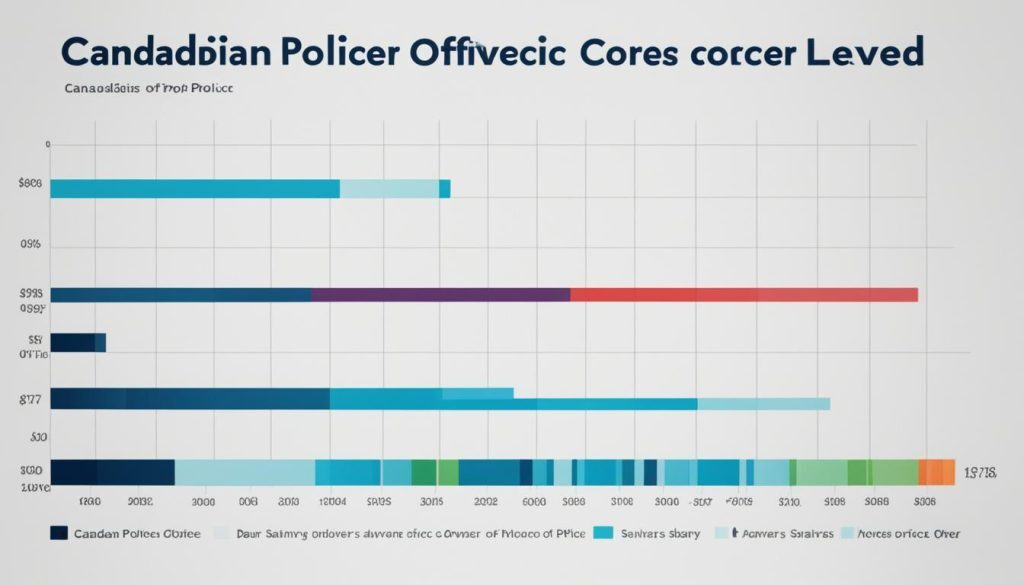
Recruitment Strategies and Competition
Police organizations are implementing various strategies to attract new candidates, including attending job fairs, partnering with educational institutions, and using social media platforms for recruitment purposes. The competition to secure the best candidates has increased significantly, requiring organizations to showcase the benefits and opportunities available within their respective forces.
- Offering competitive salaries and benefits packages
- Emphasizing career progression and development opportunities
- Highlighting the importance of community engagement and public service
- Providing comprehensive training programs
Despite these efforts, the hiring and recruitment challenges remain, and addressing them will require ongoing dedication and innovative solutions from law enforcement agencies.
Retroactive Wage Increases and Benefits
In the recent tentative agreement reached in Vancouver, retroactive wage increases for police officers are included, ensuring fair compensation for their valuable service. This agreement addresses the need to recognize the dedication and responsibilities of police officers and aims to support their overall well-being.
As part of these wage increases, a first-class constable’s annual pay will rise from just under $112,000 last year to $117,000 this year. Looking ahead, there will be another jump in their annual pay to approximately $122,000 starting in 2024. These salary enhancements reflect the increasing costs of living and the rising demands of the job.
The improved compensation is not limited to wages alone. The tentative agreement also encompasses several benefits designed to better support police officers and their families. One notable enhancement is the boost to the annual psychological injury benefit. It will increase from $3,000 to $5,000, ensuring quicker access to necessary clinical counselling services. This significant increase in coverage helps reduce wait times and promotes timely and effective mental health support.
These improvements in wage and benefits demonstrate the commitment of the Vancouver Police Union and employers to prioritize the well-being and livelihoods of police officers. Recognizing the challenging nature of their work, these enhancements promote the development of a supportive and sustainable work environment within the law enforcement sector.
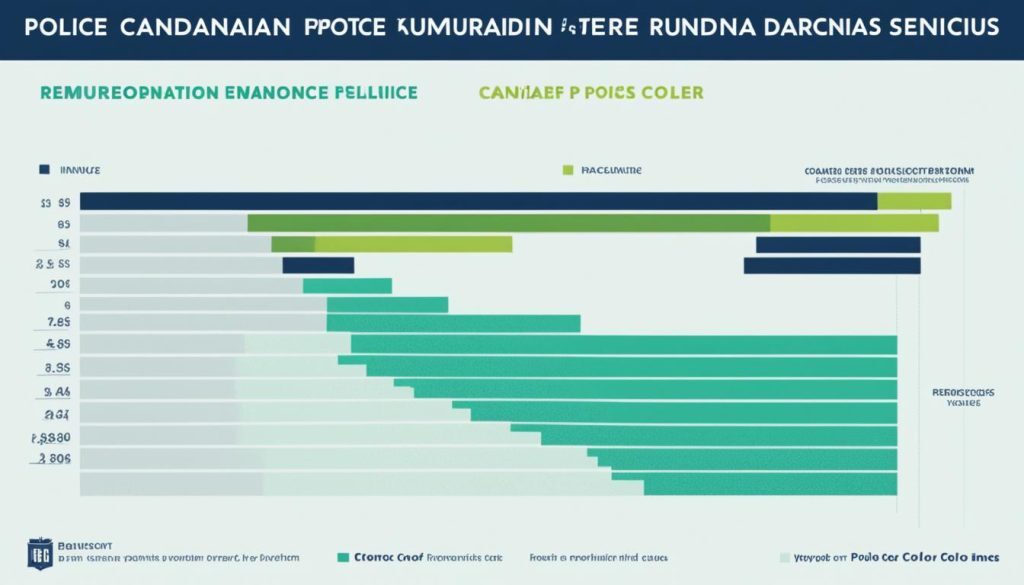
| Year | First-Class Constable’s Annual Pay (CAD) | Psychological Injury Benefit (CAD) |
|---|---|---|
| Last Year (2020) | $112,000 | $3,000 |
| This Year (2021) | $117,000 | $3,000 |
| 2024 (Expected) | $122,000 | $5,000 |
Impact on Vancouver’s Budget
The new tentative agreement and the increased salaries for Vancouver police officers have significant implications for the city’s budget. As part of the Vancouver Police Department’s 2024 operating budget, the allocation for policing services is expected to rise substantially. According to a draft of next year’s civic budget, Vancouver is projected to spend $440 million on law enforcement in 2024, a notable increase from the $348 million spent in 2021.
The rising budget is a result of several factors, including the higher salaries agreed upon in the tentative agreement. While the increased wages aim to attract and retain talented officers, concerns about the sustainability of these increases have emerged. The rising policing budget, combined with the costs associated with hiring and training new officers, has sparked discussions and debates about the optimal allocation of resources.
Some individuals and organizations propose redirecting funds from the police budget towards investments in other areas that contribute to public safety. These alternative allocations include initiatives such as supportive housing, harm reduction programs, and mental health supports. By reallocating resources, they argue that the city can address the underlying causes of crime and enhance community well-being.
Investment Alternatives for Policing Budget in Vancouver
To offer a comprehensive perspective on these proposed alternatives, let’s examine the potential impact of reallocating funds from the policing budget to supportive housing, harm reduction programs, and mental health supports.
| Investment Area | Allocation Amount | Projected Outcome |
|---|---|---|
| Supportive Housing | $100 million | Increased access to safe and stable housing for individuals experiencing homelessness, leading to reduced crime rates and improved community well-being. |
| Harm Reduction Programs | $80 million | Expansion of programs aimed at addressing substance abuse and addiction, reducing the impact of drug-related crimes, and improving public health. |
| Mental Health Supports | $60 million | Enhanced availability of mental health services, leading to improved crisis intervention, reduced reliance on police for mental health emergencies, and increased public safety. |
These investments reflect a shift towards a more holistic and community-centered approach to public safety. By reallocating funds from the policing budget to these areas, the city of Vancouver aims to address the root causes of crime and provide individuals with the support they need to thrive.
Ratification Process and Final Thoughts
The tentative agreement between the Vancouver Police Union and employers has already been ratified by Vancouver City Council and the Police Board, marking an important milestone in the collective agreement ratification process. Now, it is the turn for the union members to have their say and vote on the agreement. The voting period will take place from November 26 to December 7, with the result expected to be announced on the morning of December 8.
The Vancouver Police Union is hopeful that the agreement will be approved by its members. The collective agreement is seen as a crucial step in maintaining public safety in Vancouver and attracting and retaining talented police officers. The increased pay and improved benefits included in the agreement are key factors in attracting new candidates and supporting the well-being of current officers and their families.
Once the voting process is complete, the union and the employers will be able to move forward with implementing the terms of the agreement. This will ensure that Vancouver’s police officers receive the benefits and increased wages that have been negotiated, strengthening the force and allowing the Vancouver Police Department to continue providing high-quality law enforcement services to the community.
- The Role of Police in Community Safety & Unity - October 6, 2025
- Quebec Police Officer Salary Insights 2023 - July 13, 2025
- Canada Arrest Protocol: What Police Say Upon Arrest - June 12, 2025




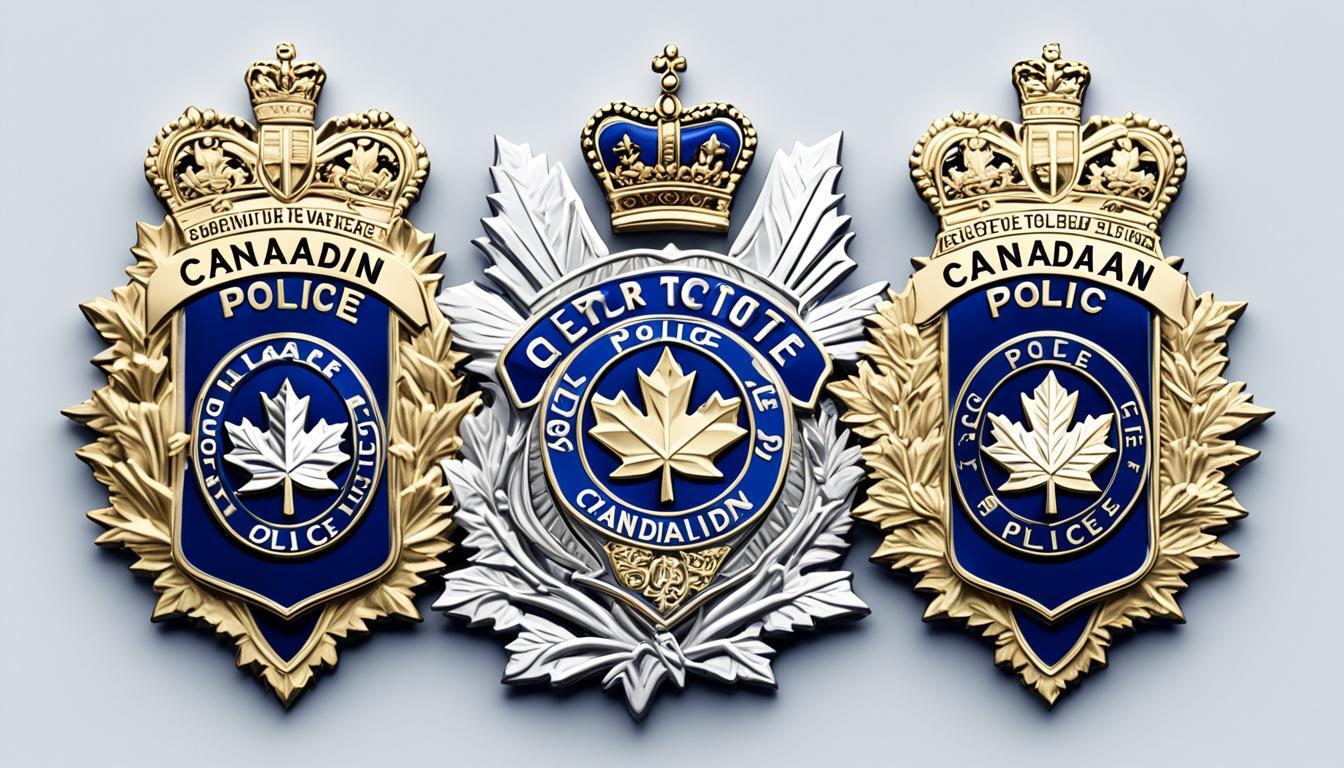
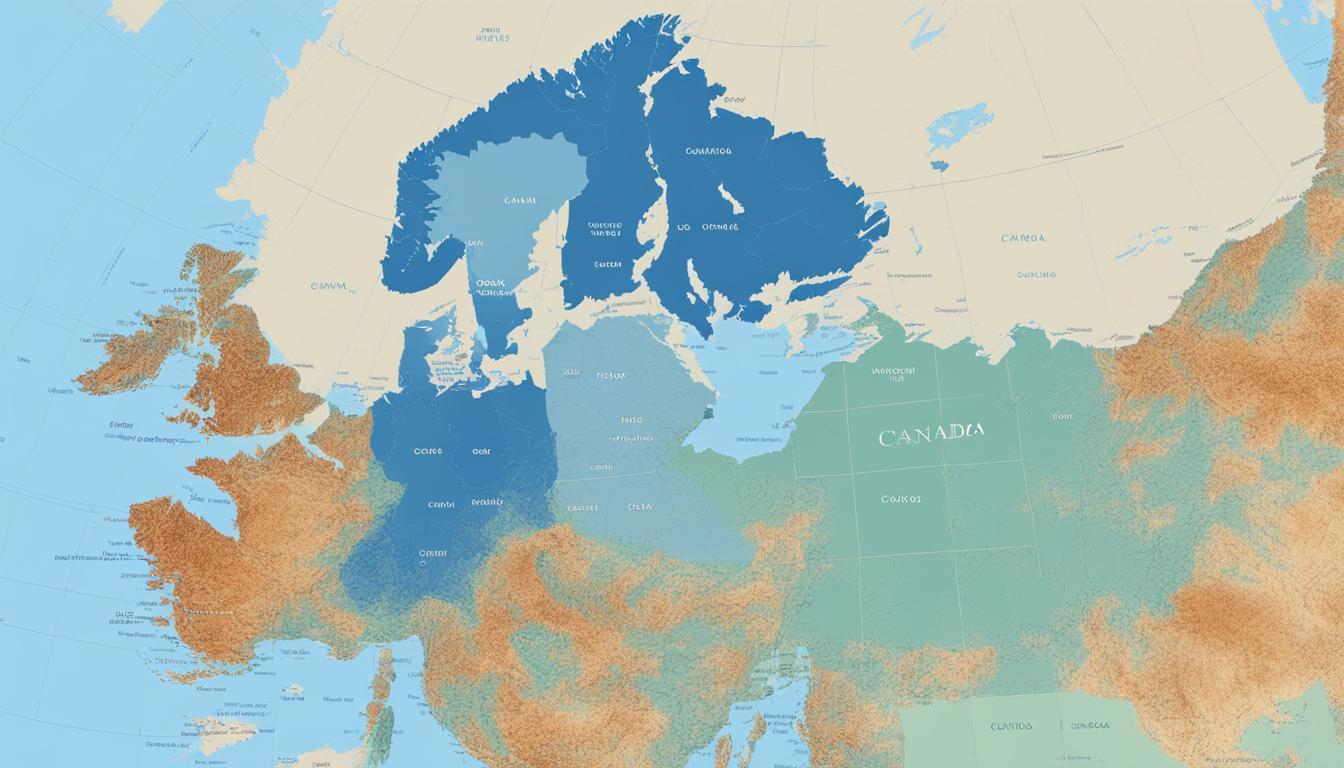
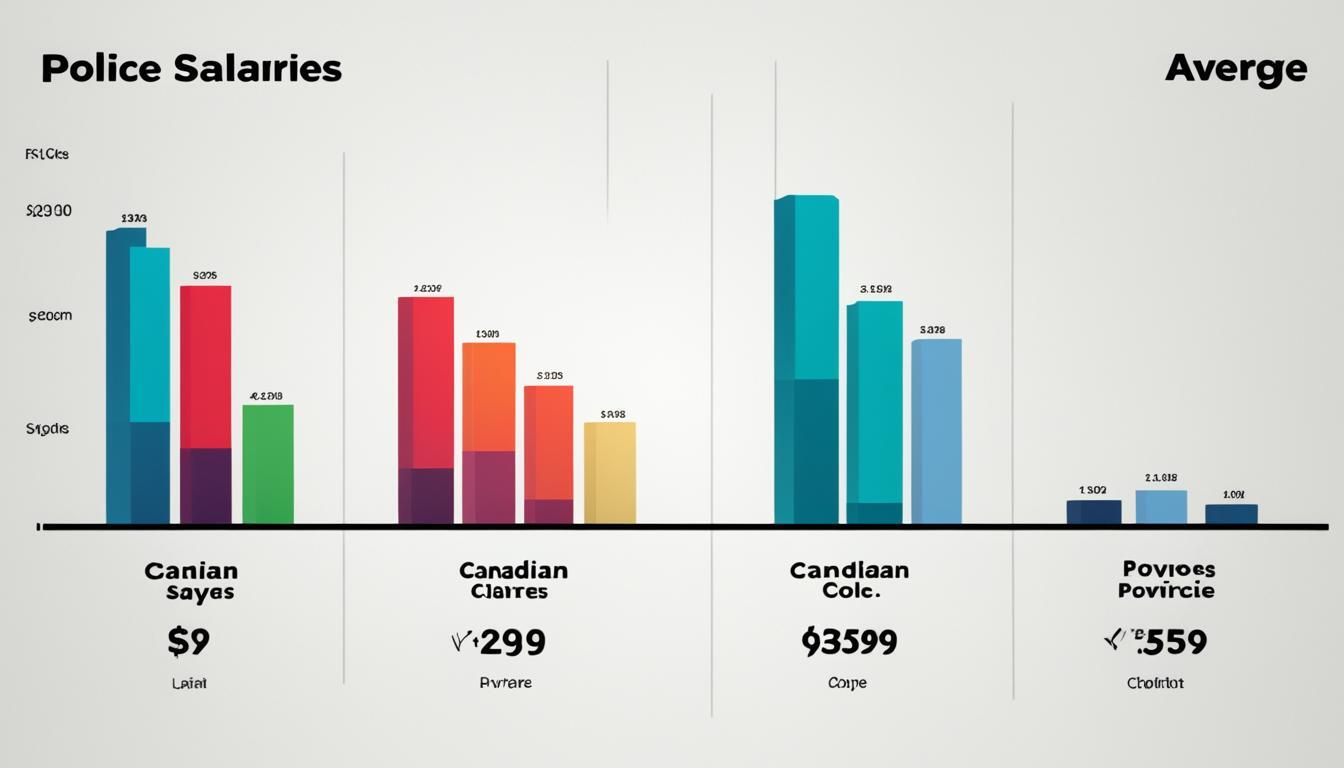
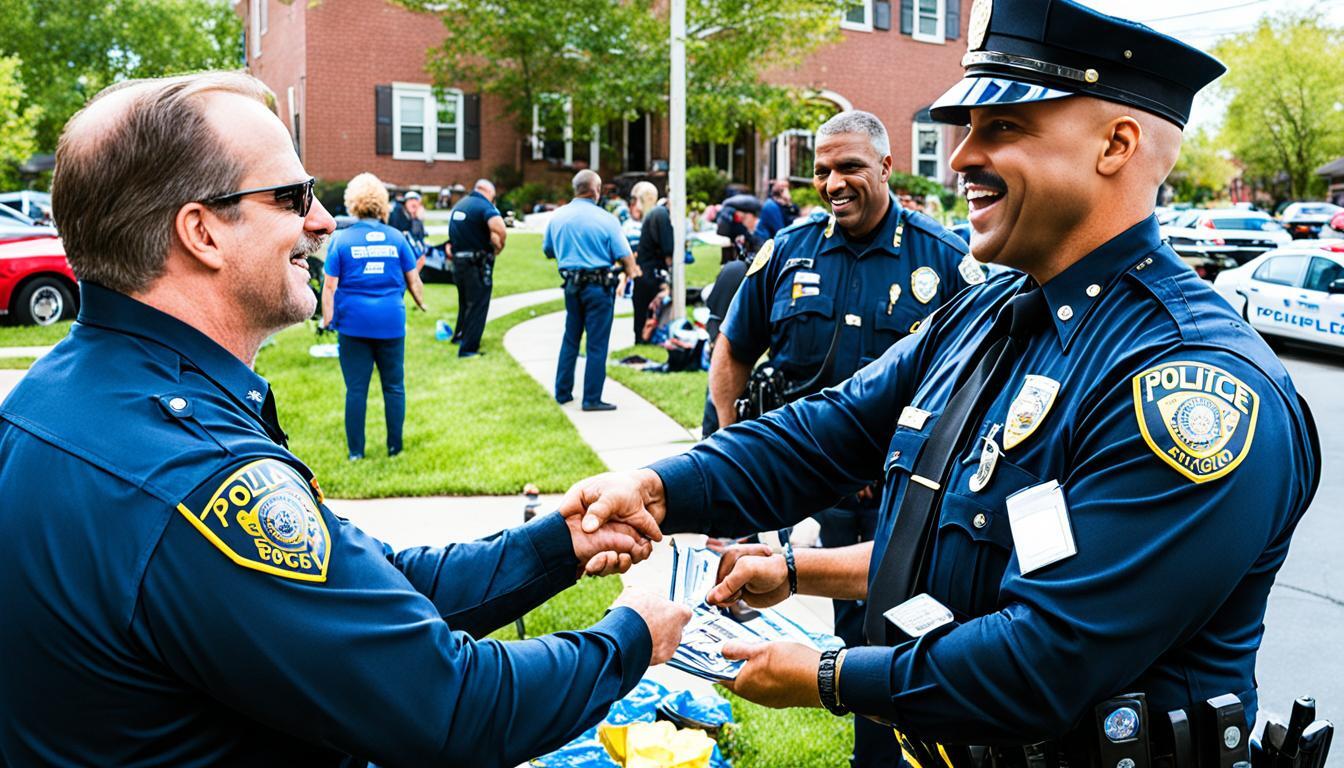
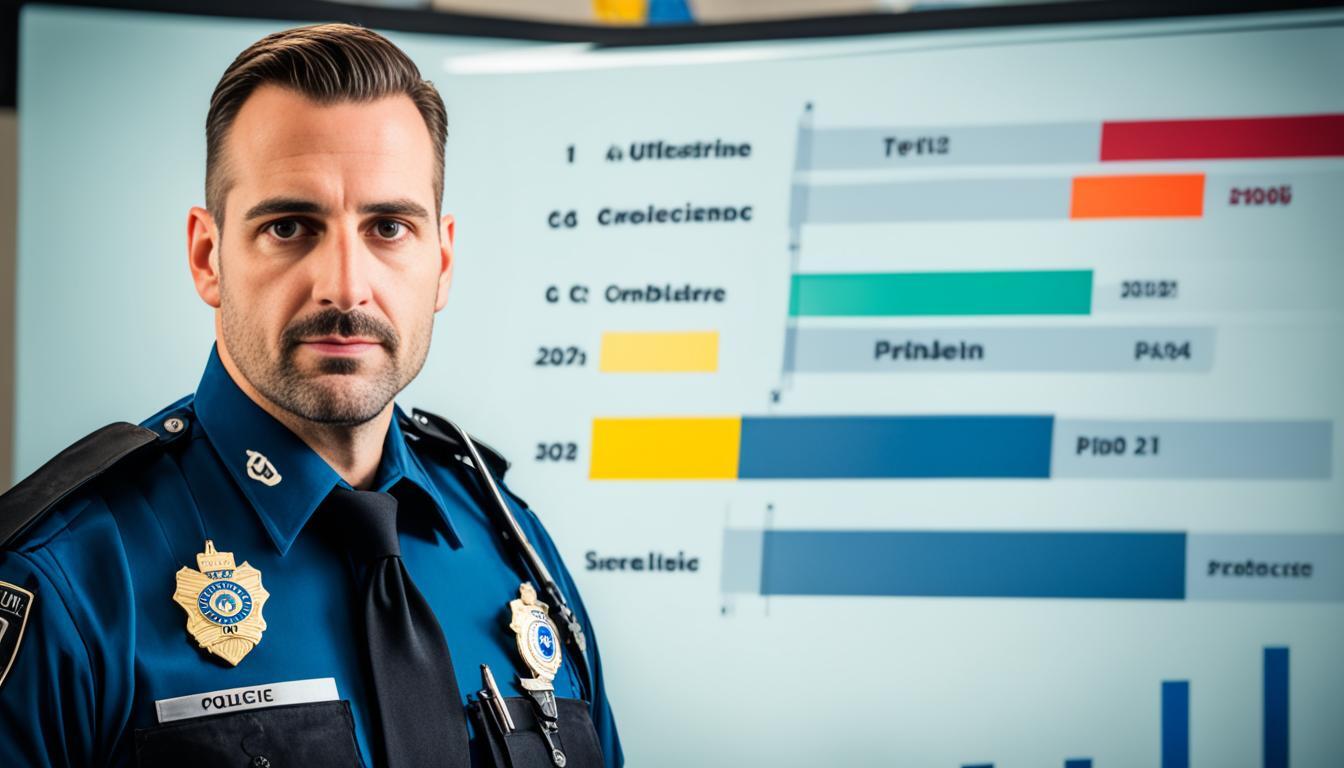











Post Comment